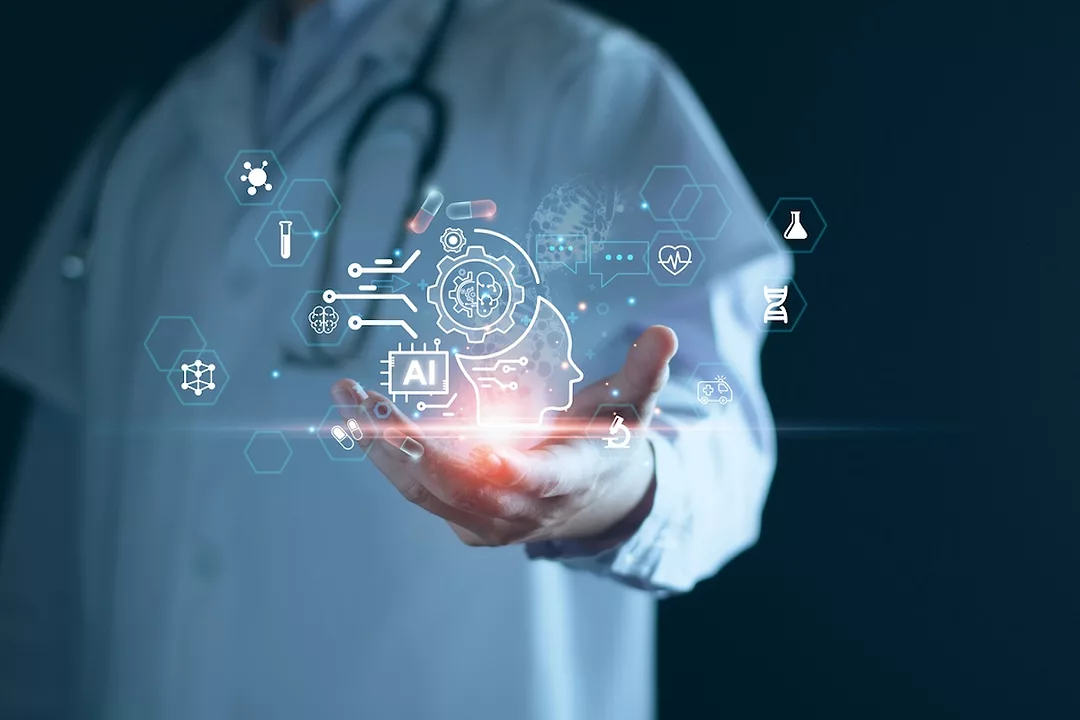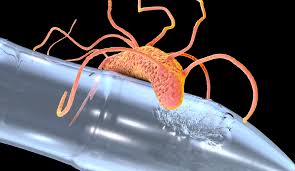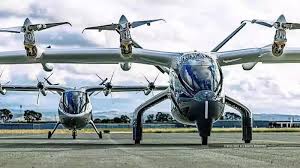AI in Healthcare Revolutionizes Diagnosis, Transforming Patient Care
Where do you even start with AI in healthcare? Honestly, it’s wild. One minute you’re stuck twiddling your thumbs in a waiting room, hoping the X-ray doesn’t get lost in the shuffle, and suddenly, boom, some slick algorithm’s calling out stuff even the sharpest doc might breeze right past. Seriously, these programs are flipping the script on what “diagnosis” even means. Machine learning’s out here gobbling up every bit of data, CT scans, bloodwork, your step count, probably even your grandma’s weird sleep habits, and spitting back insights like it’s nothing.
Let’s not kid ourselves: the old school way was all about the doc’s hunch and years of coffee fueled wisdom. That’s cool and all, but people zone out or miss things; nobody’s perfect. Toss in AI, and suddenly you’ve got a sidekick who never sleeps, never needs a lunch break, and spots patterns in scans like some kind of medical Sherlock Holmes. Early tumors, sketchy heartbeats, the works. Sometimes it feels like the thing’s got X-ray vision, I swear.
And the speed? Forget waiting days for test results. AI eats that stuff for breakfast, crunching numbers in minutes, sometimes even less. When we’re talking about emergencies, stroke, sepsis, and that kind of nightmare, every second counts. AI’s speed can literally mean the difference between “you’re fine” and “glad we caught that in time.” Plus, less human error. Hospitals swapping in these tools are seeing fewer “oops” moments and more solid answers, which… trust me, you want when you’re lying there in a paper gown.
But it’s not just about putting out fires. AI is looking ahead, scoping out who’s at risk for stuff like heart disease or diabetes before it even shows up. Imagine your doc pulling you aside and saying, “Hey, let’s tweak this now so you don’t have a disaster later.” That’s some Jetsons level health care right there.
Don’t even get me started on drug discovery. AI is tare earing through research, clinical trials, patient histories, trying to figure out which meds actually work best for which people. Instead of playing prescription roulette, it’s more like, “Here’s the one that’s probably going to work.” About time, honestly.
Globally, this stuff’s spreading fast. In places where doctors are stretched thin, like parts of India, AI is helping catch stuff like TB and heart trouble way sooner. You keep hearing stories of algorithms catching breast cancer in mammograms, picking up on genetic syndromes nobody else noticed, and even flagging heart attacks from EKGs. Regulators are scrambling to keep up, too, writing rules, talking privacy, and trying to keep things from getting out of hand.
But yeah, it’s not all rainbows. Privacy? Big, messy question mark. Nobody wants their medical info floating around like it’s a Black Friday deal. These systems need to be fair, clear, and actually work in the wild, not just in some shiny lab. And let’s be real, AI should be helping doctors, not giving them pink slips. The last thing anyone wants is a robot rolling in, breaking the news about your cholesterol.
And then there’s access. Fancy tech doesn’t mean squat if you’re living miles from a hospital or can’t afford the latest gadget. If AI isn’t easy to use, affordable, or even showing up in rural places, it’s just another toy for rich hospitals.
So yeah, AI in healthcare is a total game changer, but we’re not handing it the keys just yet. It’s a wild ride exciting, sometimes a little freaky, but full of promise.
Future Prospects
Honestly? AI’s about to be everywhere in medicine. Way smarter language skills, crazy deep learning, and real time data crunching stuff that used to eat up hours for doctors. Imagine your watch or some band on your wrist doing more than just counting steps, actually feeding your doc a live feed of your health. That’s not sci-fi anymore, it’s, like, next month. Patients are gonna have more control, tracking their own health instead of waiting for the yearly checkup.
Conclusion
AI is basically shaking up healthcare in the best way with faster, sharper diagnoses and care that actually feels tailored to you, not just whoever’s next in line. Sure, there’s messy stuff to figure out (when isn’t there?), but tech and medicine teaming up? That’s got some real juice. Early warnings, catching problems before they explode, and treatments that actually fit the person; this is where we’re heading. If AI keeps on this hot streak, the future of healthcare’s looking smarter, smoother, and, ironically, way more human.
Science











